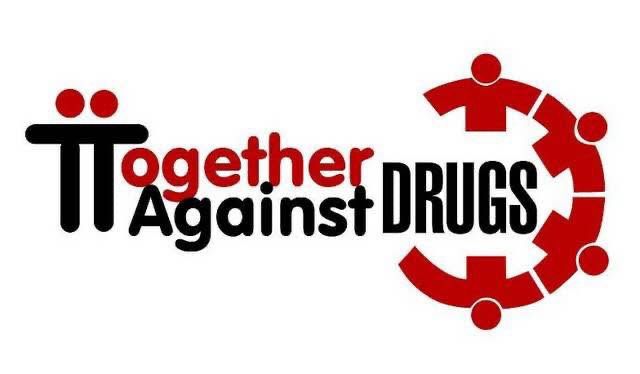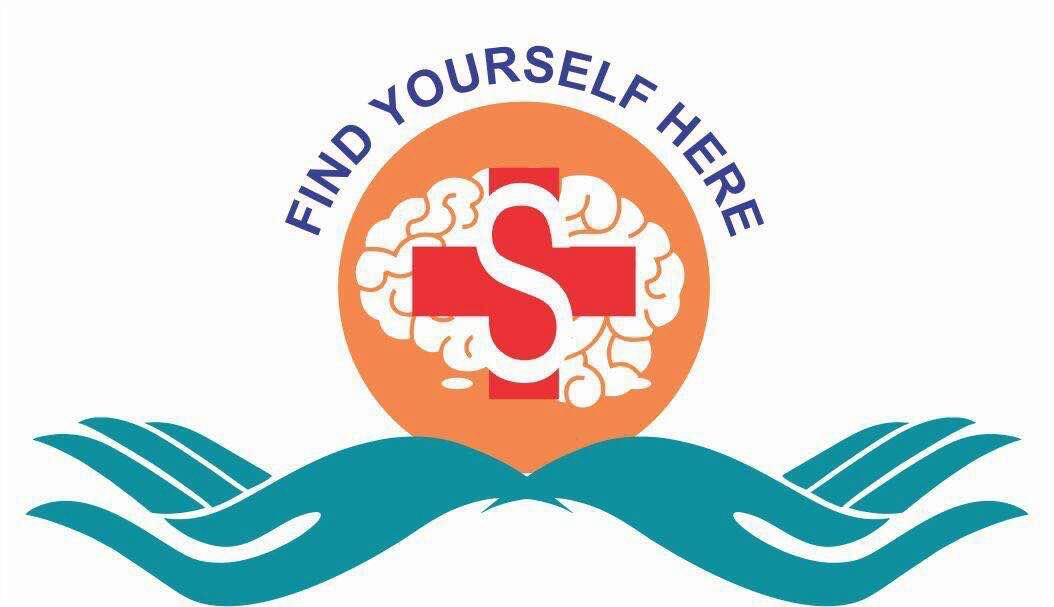
Personality Disorder
Personality disorders are a group of mental health conditions characterized by enduring patterns of thinking, feeling, and behaving that deviate from cultural expectations and cause distress or problems in daily functioning. These patterns often begin in adolescence or early adulthood and can affect all areas of life, including relationships, work, and self-image.
Symptoms of Personality Disorders
Persistent difficulties in interpersonal relationships
Intense emotions or mood swings
Distorted self-image or identity issues
Impulsive, reckless, or harmful behaviors
Difficulty trusting others or extreme suspicion
Sensitivity to criticism or perceived rejection
Inflexible thinking or black-and-white beliefs
Social withdrawal or avoidance of interaction

Causes of Personality Disorders
Genetics: Family history of mental illness can increase risk.
Childhood Trauma: Abuse, neglect, or unstable family life often play a role.
Environmental Factors: Toxic relationships, bullying, or social instability.
Brain Chemistry: Abnormalities in brain function may contribute.
Personality Development: Disturbances in early emotional development.
How to Recover
Acknowledging the Problem: Recognizing the disorder is the first major step.
Psychotherapy: Regular sessions with a licensed therapist can help explore thought patterns and emotions.
Skill-Building: Learning new coping mechanisms, communication, and emotional regulation skills.
Support Systems: Encouragement from family, friends, or support groups can be vital.
Ongoing Care: Recovery is not linear; staying connected to care providers is important during setbacks.

Our Treatments
Comprehensive Assessment: Initial diagnostic evaluations to understand the individual’s condition thoroughly.
Cognitive Behavioral Therapy (CBT): Helps change negative thought patterns and behaviors.
Dialectical Behavior Therapy (DBT): Especially effective for Borderline Personality Disorder, teaching mindfulness, distress tolerance, and emotion regulation.
Schema Therapy: Targets deep-rooted emotional patterns formed in childhood.
Medication Management: For co-occurring conditions like anxiety or depression, when appropriate.
Family Therapy: Involves loved ones to build understanding and improve relationships.
Ongoing Monitoring & Support: Long-term care planning, relapse prevention, and crisis intervention.


